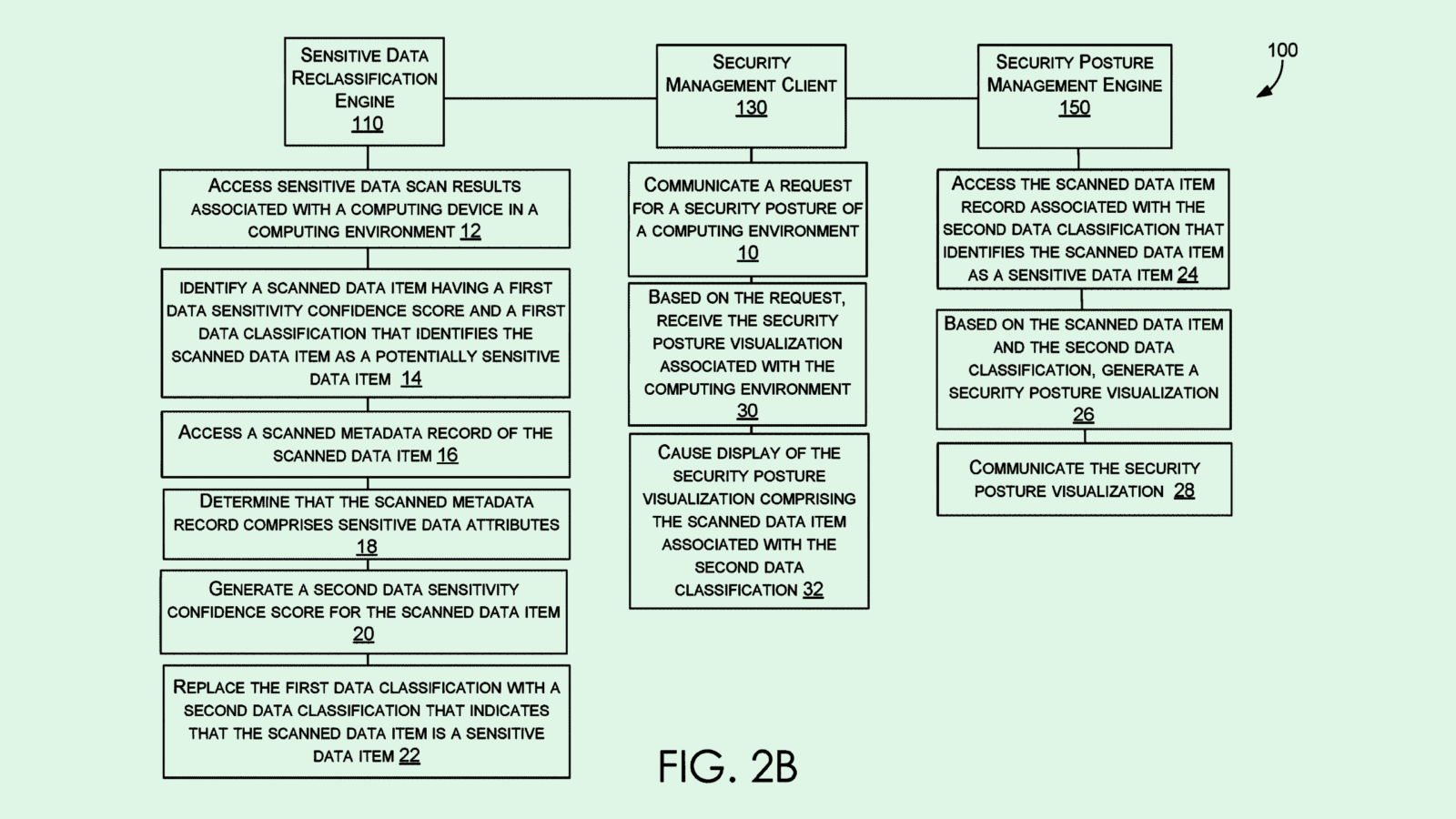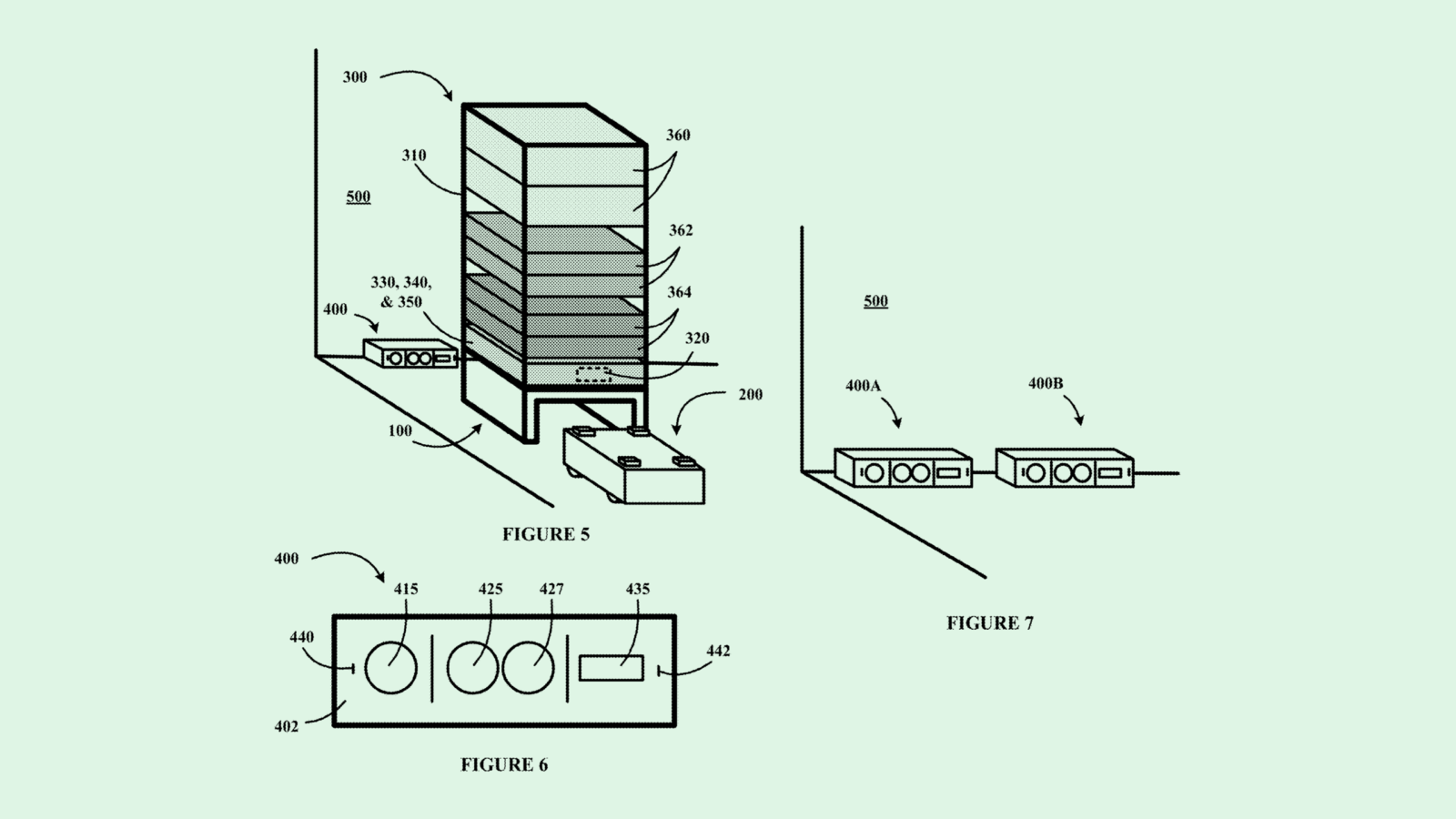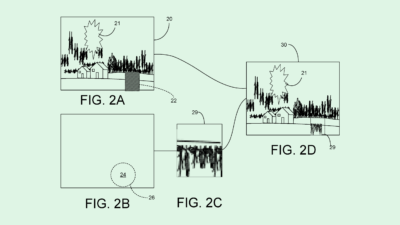Special Report: How Big Tech Makes You Buy
As the holiday season approaches, consumers and tech companies alike have shopping on the brain.

Sign up to uncover the latest in emerging technology.
Have you ever let an Instagram or TikTok ad, Snapchat story, or well-placed Amazon suggestion get the better of you?
While you browse the sales of your favorite brands online, tech companies are behind the scenes figuring out what will make you click “Buy Now.” Increasingly, AI has become part of that picture.
Some of these strategies have already hit the proverbial shelves: Amazon rolled out generative AI-powered image creation tools for brands and marketers, and Google was reportedly pitching AI-generated campaigns to advertisers earlier in the year. Many tech firms, including Twilio, Adobe, and Salesforce, offer suites of AI tools for marketers. Snap, meanwhile, has tinkered with using data from its MyAI chatbot for advertising purposes.
And patent activity from tech firms and retailers signals that we’re just at the beginning of AI’s integration into the way consumers are sold things. Just to name a few:
- In its attempt to bolster its tech force, Walmart has gone after a pile of AI-based ad patents, including one to personalize its website’s search engine with machine learning “recall and ranking” techniques, which account for a user’s personal preferences by recalling past queries. In addition, the company wants to patent a framework for a “deep learning-based revenue-per-click prediction model,” which uses neural networks for better performance metrics.
- EBay, meanwhile, has long been working on integrating AI into its practices. The company is seeking to patent an “AI-powered user-centric review system,” which uses machine learning to surface relevant reviews related to certain questions. In another patent, the eBay laid out a system for personalization of a marketplace, which uses a “machine language based learning mechanism” to tailor a user’s experience based on “social and purchasing information known about the user” — and with the original priority filing going back more than a decade, this system could already be integrated into eBay’s marketplace.
- Even companies that aren’t directly pitching consumers want to create tools to make advertising better. Adobe is working on a system for predicting user actions based on what “segments” (demographics like age, sex or socioeconomic status) they’re part of for better targeted marketing.

Social media companies, meanwhile, are working to take user personalization and tracking to a whole new level using AI. Meta, parent of both Facebook and Instagram, is a prime example of this.
The company has sought to patent a system for placing ads based on different user engagement signals, a way to test the virality of content (including ads and brand deals), a system to display ads based on what type of content you consume.
More recently, the company also filed to patent a system for “targeting items to a user of a social networking system” based on predicted events. This tracks life events like birthdays, graduations or changes in marital status, allowing marketers to target users with specific gifts or items to mark the occasion.
Meta isn’t the only social media firm working on tools to sell you things in subtle ways. Snap, for example, sought to patent “insight presentation” in Snapchat’s user interface, which uses machine learning and computer vision to help users understand the world around them (a system which would likely extend to advertising and in-app purchases).

Patents like these make sense: Social media firms make the bulk of their money from digital advertising, and have lots of data to work with. They only stand to benefit from feeding AI systems with stockpiles of data to increase the odds that someone will engage with them — or actually end up actually clicking “add to cart” on something they didn’t realize they wanted in the first place.
Even beyond social media, these patents represent a few trees among a forest of new AI technology for ecommerce and digital marketing. Tech firms and retailers alike are latching onto AI as the saving grace for optimization, user targeting and, frankly, making as much cash as possible. Whether or not these businesses actually need it – or can implement it properly and safely – no one wants to be left behind.











